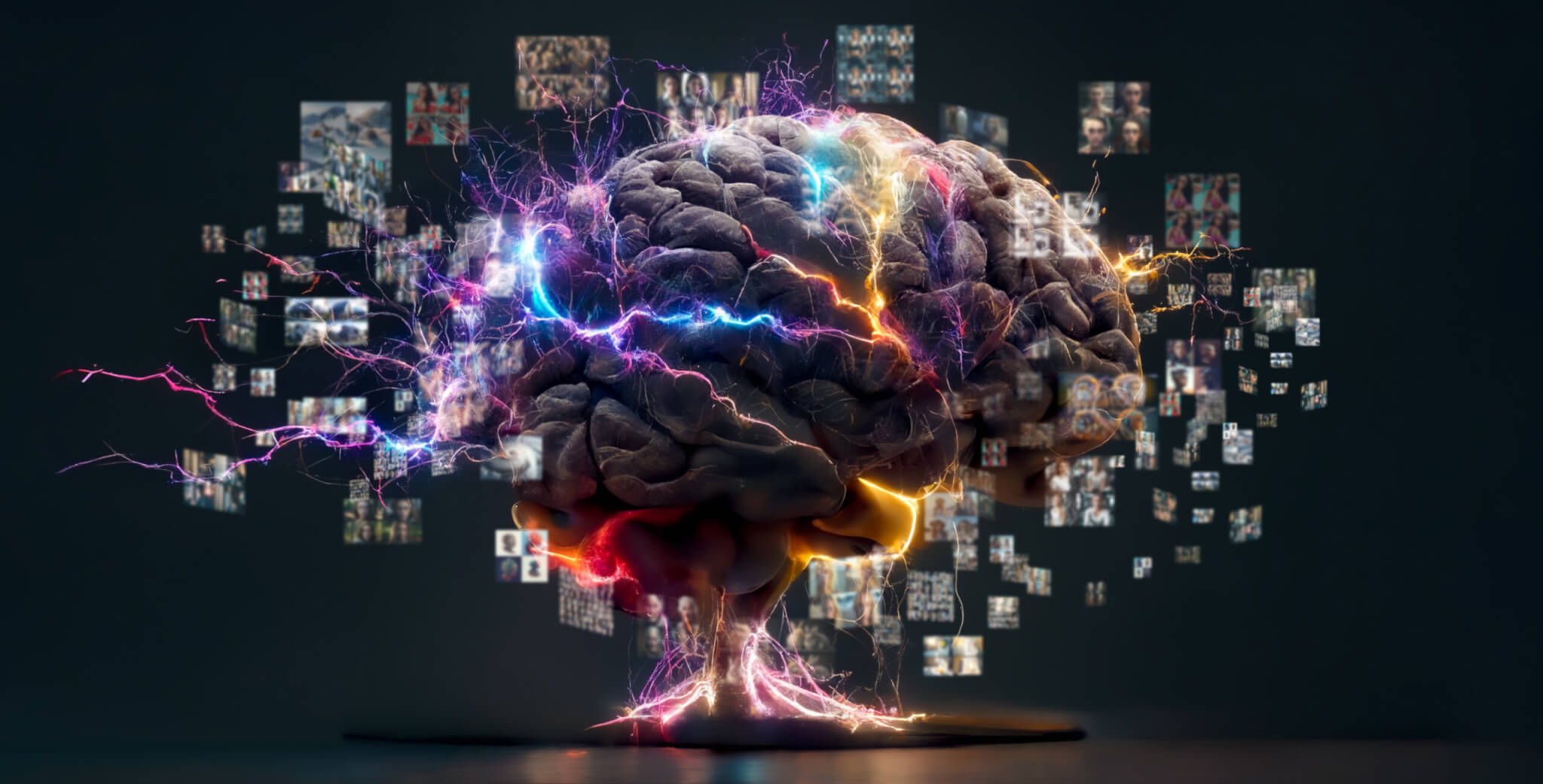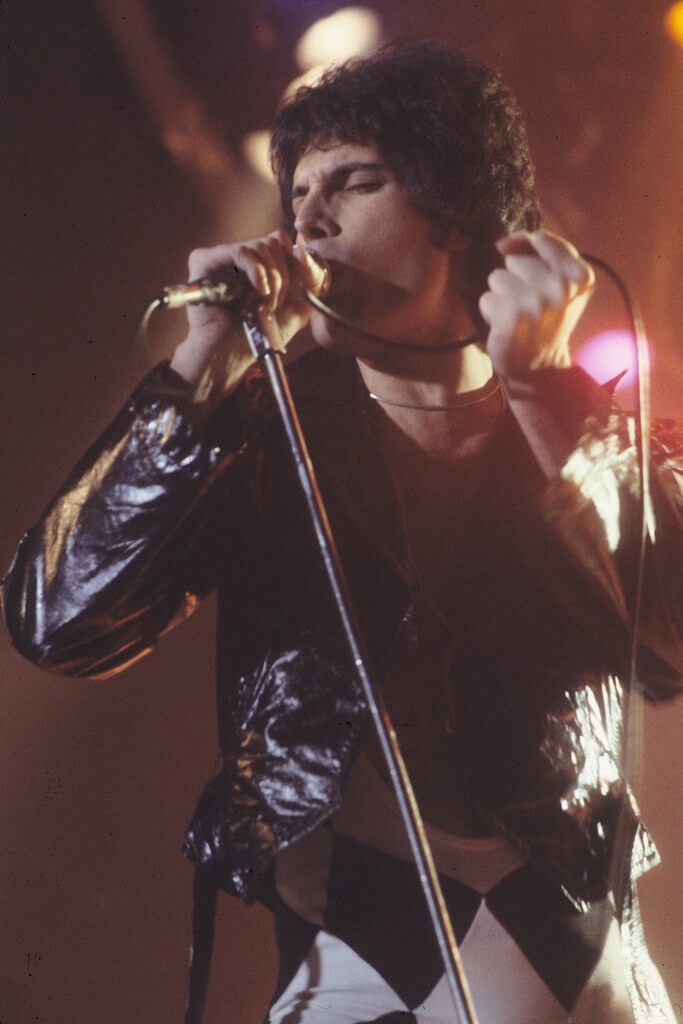LOS ANGELES — A recent study that’s “worth remembering” is helping unravel the complex relationship between the formation of memories, emotion, and music. Study authors from UCLA explain that emotions evoked by listening to music promote the formation of separate and long-lasting memories.
Our memories of countless days make us who we are today, but the vast majority of the past eventually fades away over time. We remember moments, stitched together in our minds to make up the story of our lives, but far more of the past slips away to the back of our minds before being forgotten entirely.
So, what makes an occasion worth remembering? The team of psychologists at UCLA explain their findings indicate people’s emotions changed otherwise neutral experiences into memorable events.
“Changes in emotion evoked by music created boundaries between episodes that made it easier for people to remember what they had seen and when they had seen it,” says lead study author Mason McClay, a doctoral student in psychology at UCLA, in a media release. “We think this finding has great therapeutic promise for helping people with PTSD and depression.”
As time moves on, the aging human mind cannot remember everything. Two processes appear to be involved in the transformation of certain experiences into memories over time. The first of the two integrates memories, compressing and linking them into individualized episodes. The second is responsible for expanding and separating each memory as the experience moves further and further from the present.

Researchers explain a “constant tug of war” is taking place between the integration and separation of memories – and it’s this neurological push and pull that promotes the development of distinct memories. This flexible process helps the individual understand and find meaning in their experiences, in addition to simply retaining information.
“It’s like putting items into boxes for long-term storage,” adds corresponding author David Clewett, an assistant professor of psychology at UCLA. “When we need to retrieve a piece of information, we open the box that holds it. What this research shows is that emotions seem to be an effective box for doing this sort of organization and for making memories more accessible.”
The research team posits a similar effect may help explain why Taylor Swift’s “Eras Tour” has created so many vivid and lasting memories among fans. They say her concerts contain meaningful chapters capable of being opened and closed to relive highly emotional experiences.
McClay and Clewett, in collaboration with Matthew Sachs at Columbia University, hired a group of composers to create music specifically designed to elicit joyous, anxious, sad, or calm feelings of varying levels of intensity. Next, all study participants listened to that music while imagining a narrative to go along with a series of neutral images on a computer screen (a watermelon slice, a wallet or a soccer ball). Participants also used a computer mouse as a means of tracking moment-to-moment changes in their feelings using a novel tool developed for tracking emotional reactions to music.
Then, after performing a task intended solely to distract them, participants were shown pairs of images once again in a random order. For each pair, participants were asked which image had appeared first, then how far apart in time they felt they had seen the two images. Participants remembered pairs of objects that they had seen immediately before and after a change of emotional state (of either high, low, or medium intensity) as having occurred farther apart in time in comparison to other objects that did not involve emotions. This suggests, researchers say, a change in emotion resulting from listening to music is pushing new memories apart.
“This tells us that intense moments of emotional change and suspense, like the musical phrases in Queen’s ‘Bohemian Rhapsody,’ could be remembered as having lasted longer than less emotive experiences of similar length,” McClay explains. “Musicians and composers who weave emotional events together to tell a story may be imbuing our memories with a rich temporal structure and longer sense of time.”

The type, or direction, of a change in emotion also matters. Memory integration was at peak performance, defined as memories of sequential items feeling closer together in time, and participants being better at recalling their order, when the shift was toward positive emotions. Conversely, a shift toward more negative emotions (from calmer to sadder) usually separated and expanded the mental distance between new memories.
Additionally, study participants filled out surveys the following day to assess their long-term memory. This revealed stronger memories for items and moments in which emotions changed, particularly if the emotions were intensely positive. Study authors theorize this means that feeling more positive and energized may help fuse different elements of an experience together in memory.
Sachs emphasizes the usefulness of music as an intervention technique.
“Most music-based therapies for disorders rely on the fact that listening to music can help patients relax or feel enjoyment, which reduces negative emotional symptoms,” the study author comments. “The benefits of music-listening in these cases are therefore secondary and indirect. Here, we are suggesting a possible mechanism by which emotionally dynamic music might be able to directly treat the memory issues that characterize such disorders.”
In summation, Prof. Clewett says this work may one day help people reintegrate memories that have caused post-traumatic stress disorder.
“If traumatic memories are not stored away properly, their contents will come spilling out when the closet door opens, often without warning. This is why ordinary events, such as fireworks, can trigger flashbacks of traumatic experiences, such as surviving a bombing or gunfire,” Clewett concludes. “We think we can deploy positive emotions, possibly using music, to help people with PTSD put that original memory in a box and reintegrate it, so that negative emotions don’t spill over into everyday life.”
The study is published in the journal Nature Communications.
